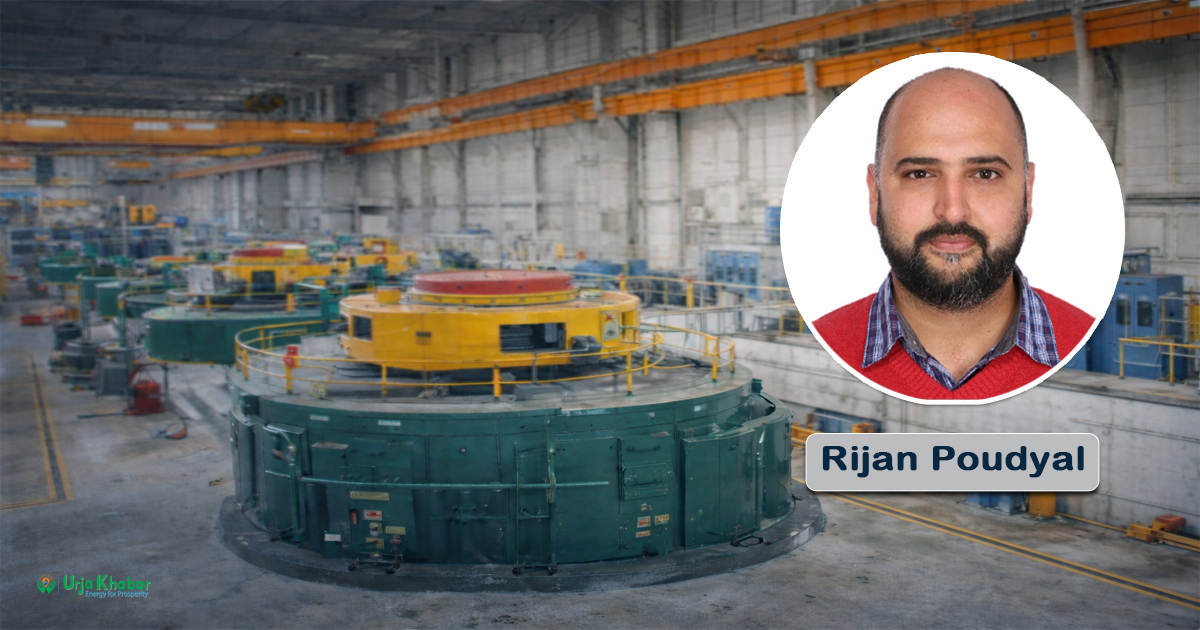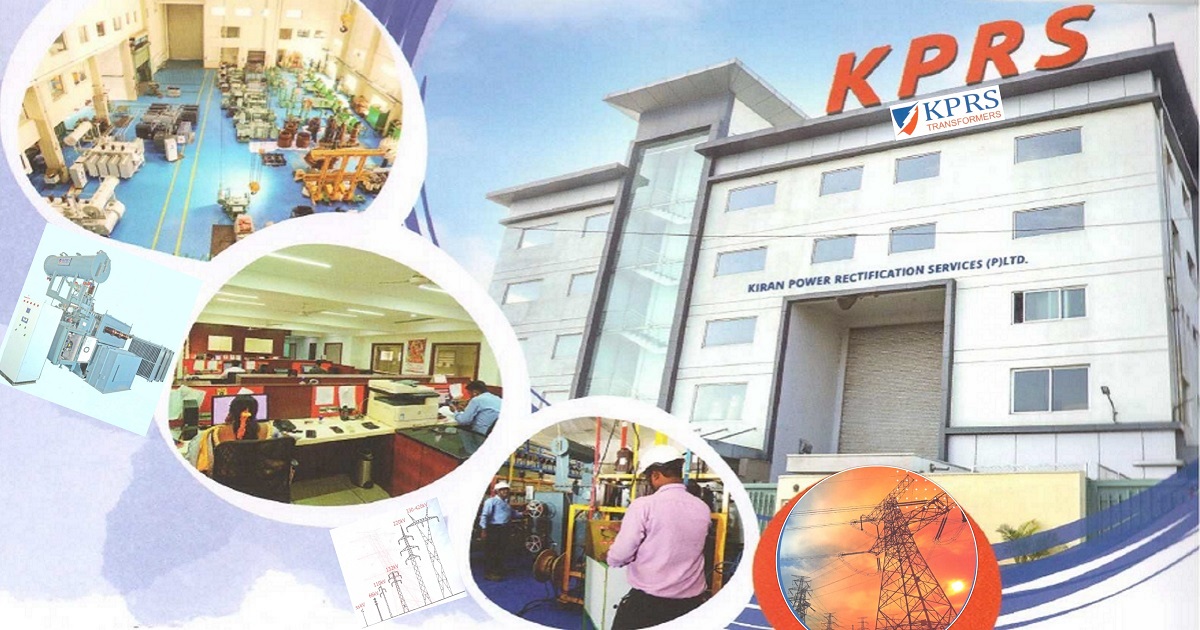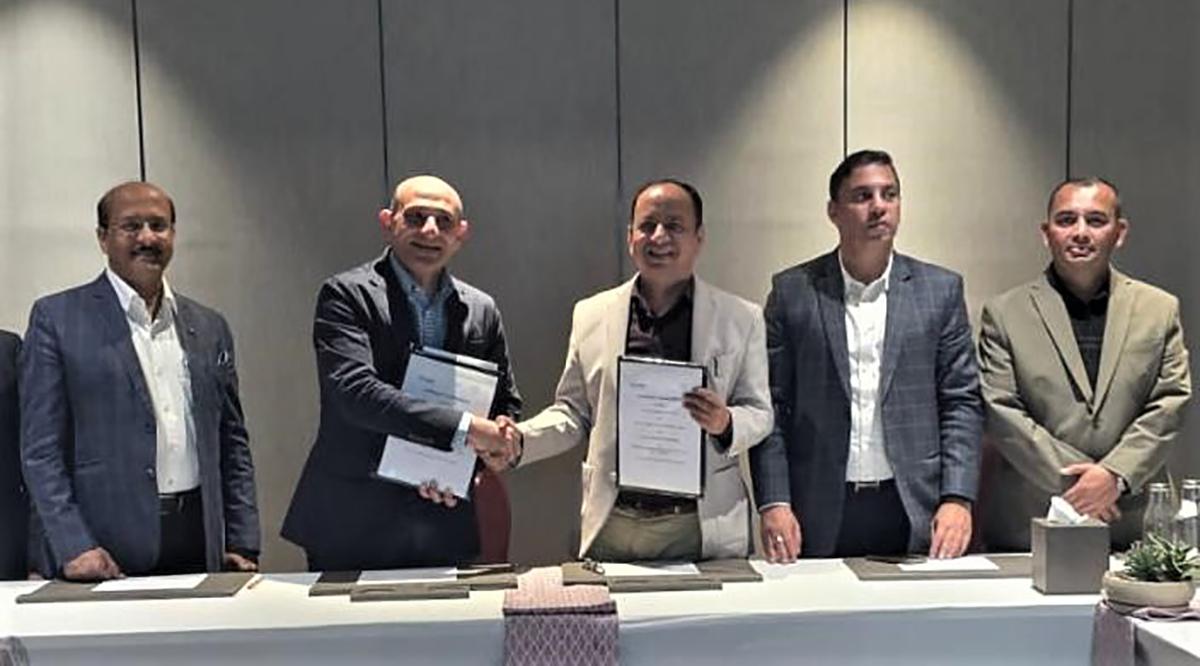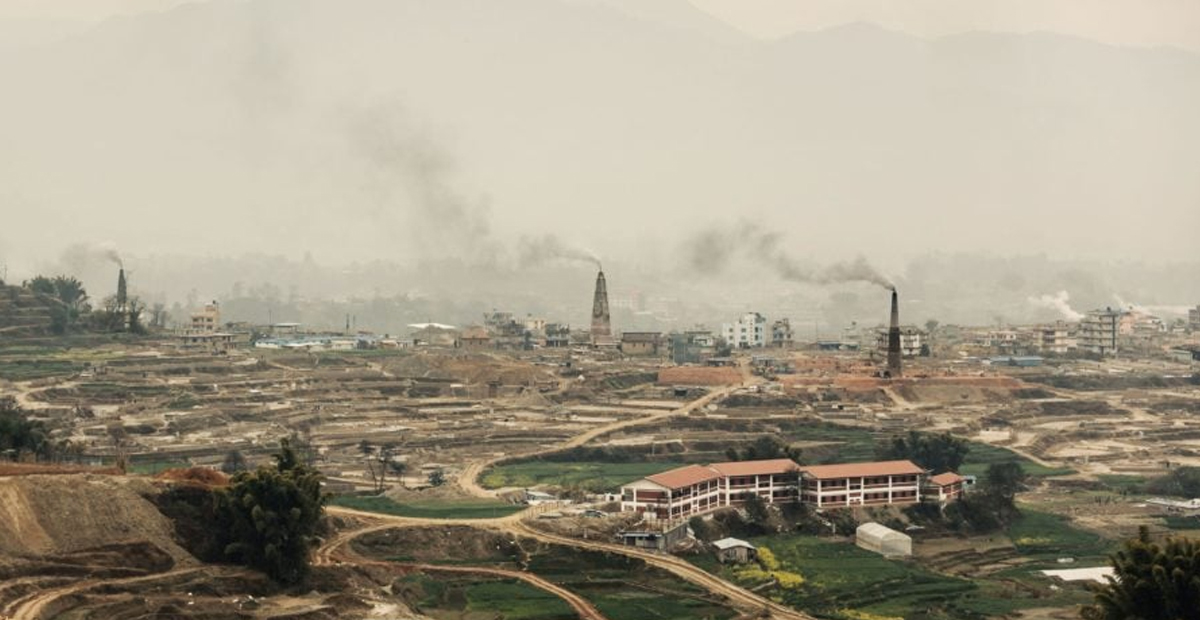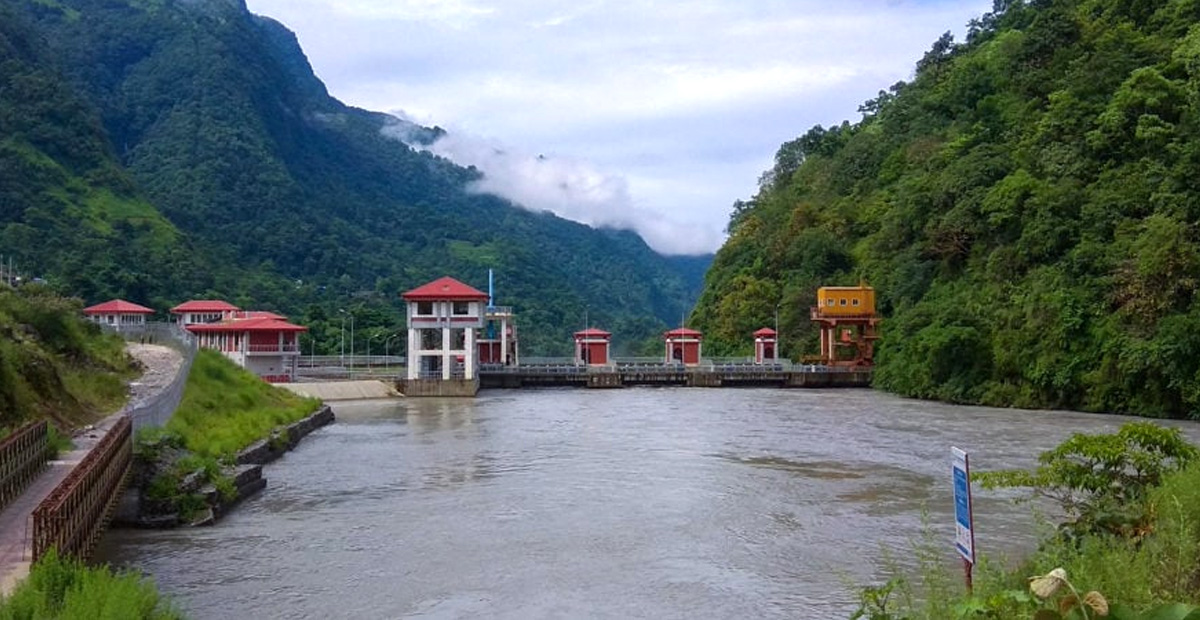Energy Update
Discussion on the Significance of RE in Nepal-UAE Cooperation
'Renewable Energy as the Sole Option for Agricultural Modernization'
Kathmandu; Experts have stated that the development of renewable energy (RE) is essential to mitigate the impacts of climate change on the agricultural sector. This viewpoint was expressed at a program held in Kathmandu on Thursday, titled "A Dialogue on Potential of Renewable Energy for Climate-resilient Mountain Livelihoods."
At an interaction program jointly organized by the Embassy of the United Arab Emirates (UAE) in Nepal and the International Centre for Integrated Mountain Development (ICIMOD), diplomats and experts from the area stated that RE is a crucial factor for the modernization of agriculture, not only in South Asia but also globally.

At the program, Minister of Agricultural Development Jwala Kumari Sah emphasized the need for cooperation between Nepal and the UAE to produce RE and link it to agricultural development. She stated, "If we can achieve advanced agricultural development in the mountainous and hilly regions of the country, Nepalese will not need to go to the Arab countries in search of job. By increasing climate-friendly agricultural production, Nepal's produce can be exported to countries like the UAE."
Furthermore, during the program, Abdullah Al Shamsi, the UAE Ambassador to Nepal, emphasized that the transformation of RE and agriculture into integrated development practices is essential for every country's promising future. He stated, "RE must be utilized by every country, including Nepal and the UAE, for building a sustainable future. Clean and renewable energy is not only essential for unlocking long-term economic development but also indispensable for safe the earth and its resources."

In the discussion session, Abhishek Malla, an Energy Chief of ICIMOD, presented a paper on "Renewable Energy for Agriculture." In the same vein, he underscored the necessity of sufficient electricity for cold storage, irrigation, and agricultural processing for the modernization of agriculture. Furthermore, he highlighted the lack of irrigation in 60% of Nepal's agro-based land, emphasizing the crucial need for appropriate policies and effective implementation for its overall development.
Malla also highlited facts indicating that the agricultural sector consumes less than 1% of the total electricity, suggesting the potential to increase demand for irrigation. According to him, there is a possibility of consuming around 1300 MW of electricity for irrigation, both from grid and off-grid sources.
Nahid Muniza, Media Researcher, UAE Embassy in Nepal, also presented a paper on "Renewable Energy and the UAE." she highlighted In her presentation, the UAE's goal to achieve zero carbon emissions by 2050 and emphasized the integration of RE development towards this objectives.
According to her, the UAE has constructed the world's largest solar park, which will annually reduce 1 million metric tons of carbon footprint. Additionally, the Mohammed bin Rashid Al Maktoum Solar Park aims to provide access to RE to 800,000 households by 2030.
Furthermore, she mentioned that alongside solar energy, the UAE is also working on reducing carbon emissions through wind and nuclear energy. The UAE has set a target to meet 44% of its energy needs from clean & renewable source, 38% from gas, 12% from clean coal, and 6% from nuclear energy by 2050.
Moreover, Pawan Kumar Agrawal, President of the Nepal-UAE Chamber of Commerce and Industry, highlighted the potential for exporting purified water, along with RE and modern agricultural development in Nepal. With over 6,000 rivers in Nepal, mostly originating from the Himalayas, there is considerable potential for purification and bottling, leading to export opportunities in Arab countries like the UAE.
He also emphasized the ample opportunities for investment in the clean drinking water industry by UAE investors. He suggested that Nepal could export "premium water" similar to countries like France and Switzerland.
Conversation
- Info. Dept. Reg. No. : 254/073/74
- Telephone : +977-1-5321303
- Email : [email protected]






